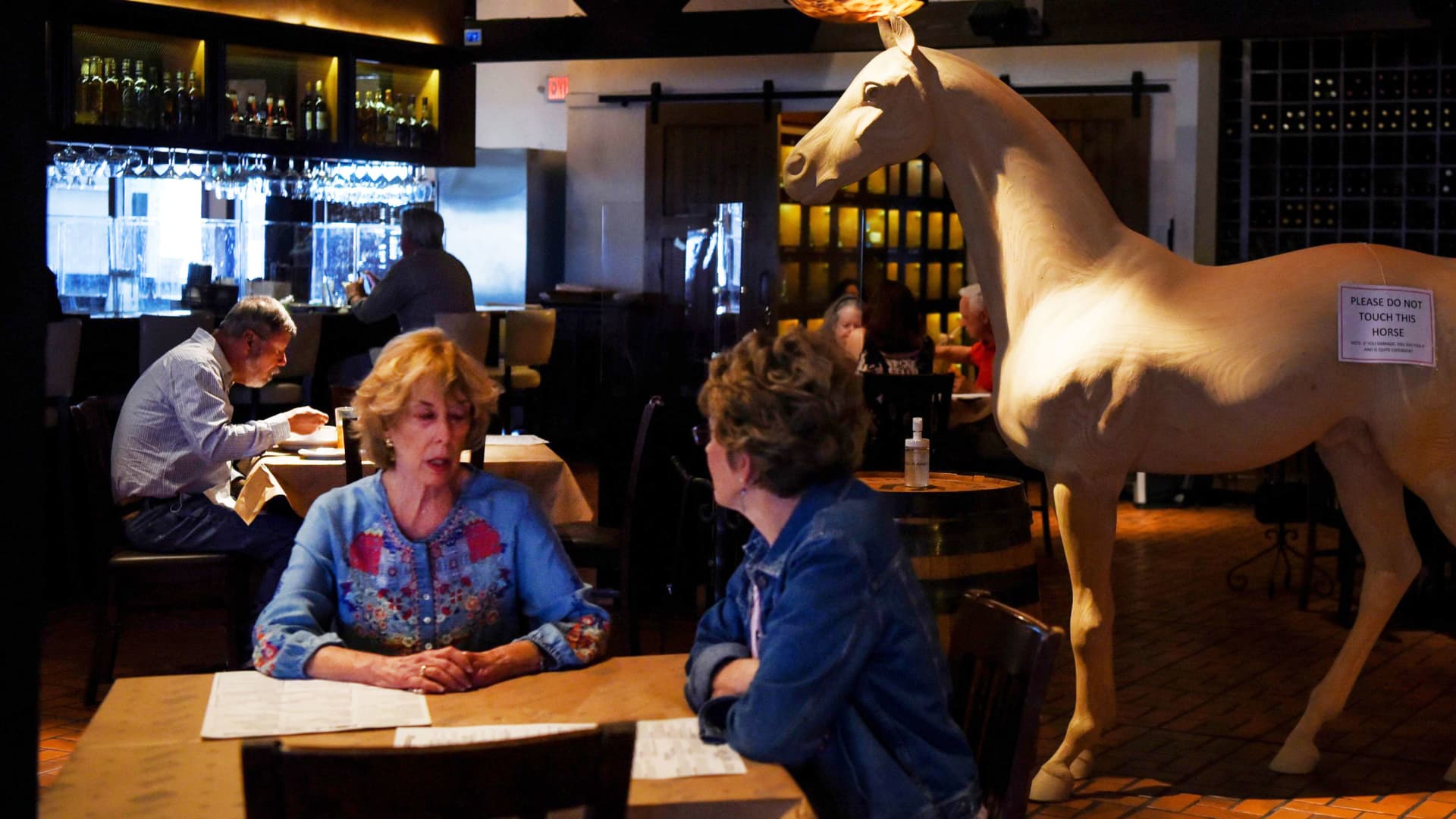Meta-analysis of similar flawed observational studies prove nothing.
Except whats the likelihood that all the flaws.. ;like "well there was a surge and then it went down naturally".. and "well they were different villages etc".. are all going to be EXACTLY alike. Totally unlikely.. which is usually the case with meta analysis.
All the observational studies showing higher serum beta-carotene levels and/or dietary intake levels were associated with less cancer but the RCT that isolated the effect of beta-carotene alone (as a supplement) showed it actually promoted cancer and especially increased lung CA in smokers.
Except beta carotene levels are not masks and population demographics. Sorry dude.. but they are just not the same.
Such observational studies have confounding variables that can often weaken or eliminate real causal effects (as you noted correctly) but can also create false correlation that suggests something is causal when in reality it is merely coincidental
Yes.. so can RCT's by the way. But as stated.. you can control for that .. and its unlikely that those confounding variables will be EXACTLY the same a study of populations and masks.
Sorry dude.. but you don;t just throw out all observational studies because you can find an example of an observational study that found something that was coincidental. And by the way.. I would want to read these observational beta carotene studies because... if beta carotene supplements in an RTC showed an increase in lung cancer...
Well why wouldn;t that be picked up in an observational study of beta carotene? What would have been controlled for with an RTC.. that would NOT be controlled with an observational study?
My thought is that it wasn;t the choice of an observational study that was the problem.. it was the design of the study that failed to account for variables.
.
But it ignores the fact that these mandates often get put in near the peaks of cases and deaths.
No it doesn't.. the actually study period may have been at an entirely different time and not be related to a peak or valley. And in fact.. in a good study design that would be accounted for. . Second.. there are studies that compare different geographical but similar demographically groups. For example one county with a mandate with the next county over not having one. Both peaks and deaths should be similar.
Since this respiratory virus (like many others) comes in waves this creates the illusion that masks mandates are what caused the decline in COVID-9 cases and/or deaths.
Yeah no... first.. there are studies that compared similar populations that only differed in mask mandates.. so you would see the same decline in cases in both groups... unless the mask work.
Second.. there are studies on masks that use the same population and in home transmission that look at the rate of infection from a household member between families that the infected member wore a mask.. and household were the infected did not wear a mask. Peaks and valleys in cases would have no influence on those studies.
Third.. the timing and the length of the studies vary.. in the various studies and most studies use a comparable population that does not wear masks as a form of control
You could in poor countries were masks were not available or affordable for many people. Without the study few people would be wearing masks even if they had CoVID-19.
No you could not.. it would be unethical to tell infected people to go out into the community to see who got infected. You really have trouble with such a simple concept. REGARDLESS OF WHETHER THEY HAVE MASKS OR NOT... IF A PATIENT IS INFECTIOUS THEY SHOULD QUARANTINE!!!.
You are saying that your study would IGNORE MEDICAL ACCEPTABLE PRACTICE... and instead of quarantining individuals that are known to be infectious.. but have them go out into the community to see how many they infect.
So you agree wearing face masks does little or nothing to prevent the wearer from catching the Wuhan virus then? Yes or No?
YES YOU RIDICULOUS DUDE.. yes.. wearing a mask does little to protect the wearer.. unless that mask is an N95 and is worn in conjunction with eye protection, and other PPE.

